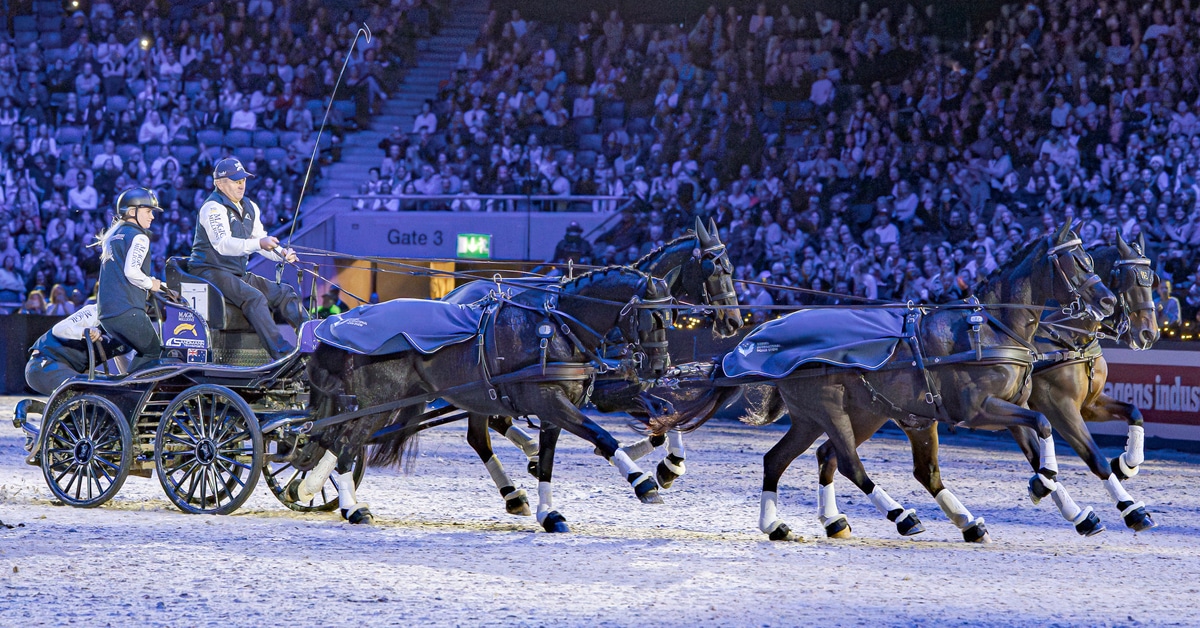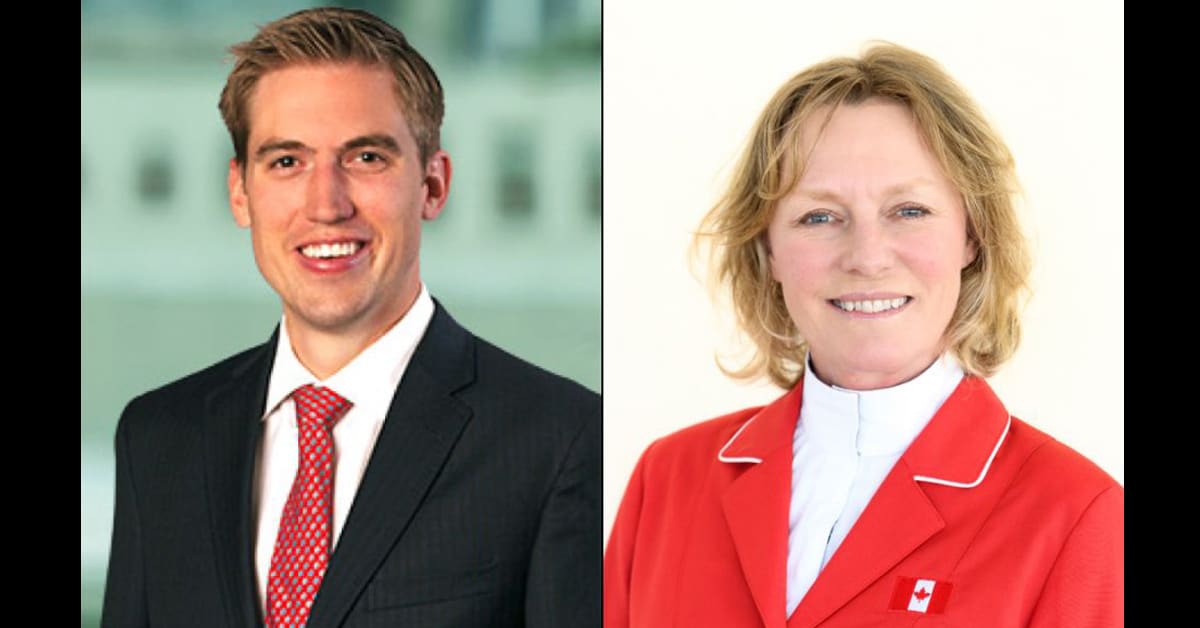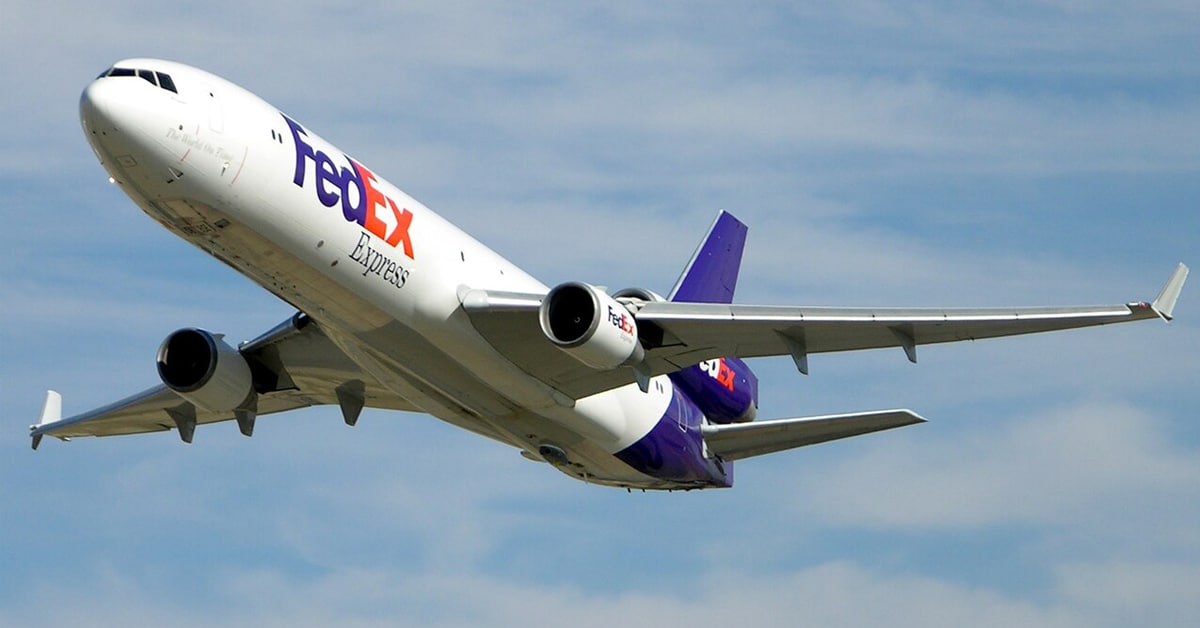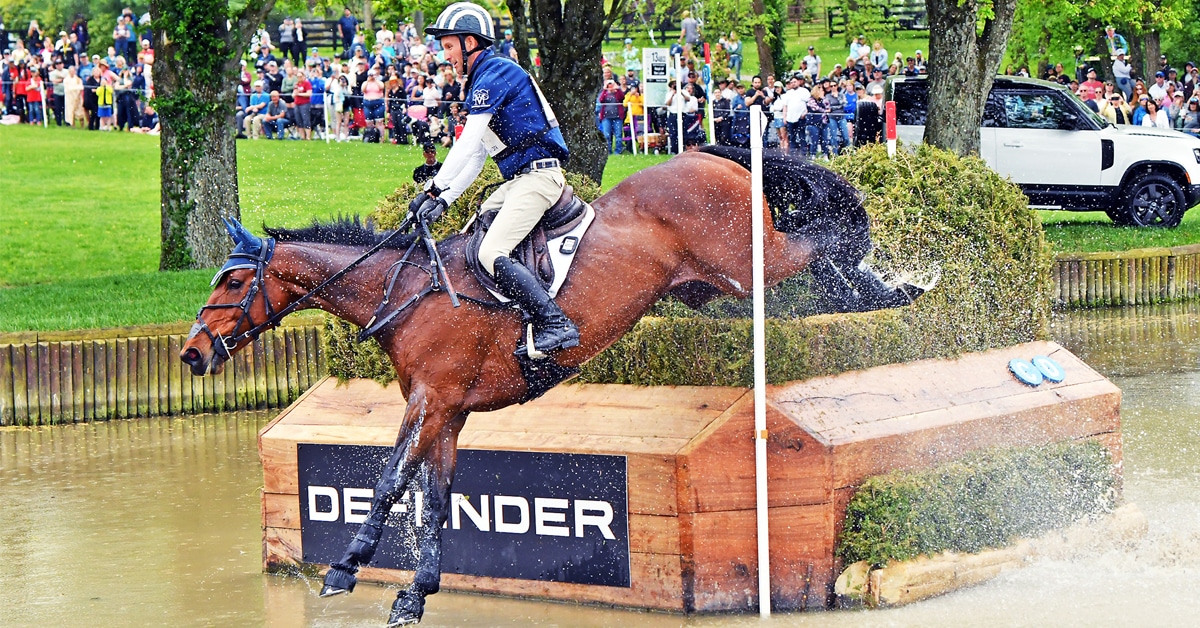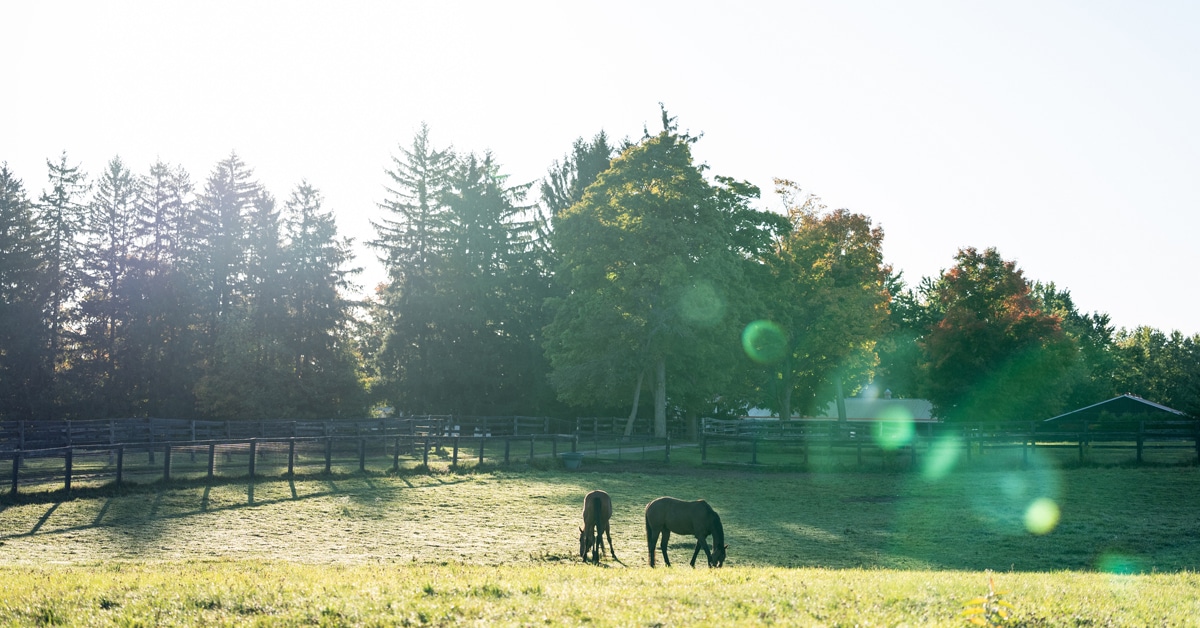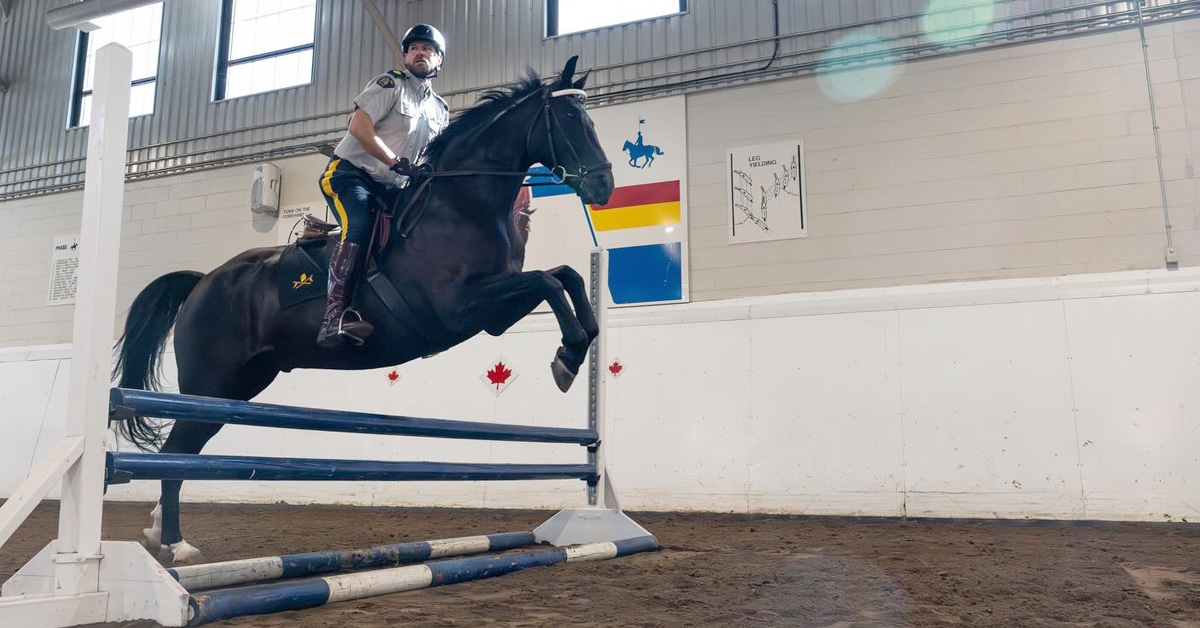The FEI faces losing next year’s scheduled European championships in jumping, eventing, and para dressage – because no one has come forward to organise them.
Historically, all major and minor FEI championship events – 28 in total around the world this year – have been allocated three or more years in advance, after a competitive bidding process which anyone can follow online.
But in recent years there has been a sharp decrease in organisers willing to take them on. Aside from the 2025 Europeans, there is still no interest in taking the FEI World Challenge Final for this year or next.
Aachen was the only bidder for the 2026 world championships in dressage and jumping – and not the only venue allocated a major medal event unopposed; over half of European championships since 2013 were allocated to a sole bidder. It is also unclear whether the controversial allocation in 2019 of last month’s FEI World Cup finals to Saudi Arabia even went out to tender.
FEI president Ingmar de Vos said enticing organisers to bid was becoming “more and more difficult” when introducing a debate on the topic at the FEI Sport Forum in Lausanne, Switzerland, last week. A panel of organisers and commercial experts including Michael Stone of Wellington International set out the benefits and disadvantages.
Herning – host of the 2022 world championships in dressage and jumping the first time they were not part of a WEG since 1990 – was enthusiastic to do it again. But there was a salutary moment when debate moderator Tim Hadaway, FEI director of Games and Operations, asked audience member Joyce Heuitink of CHIO Rotterdam if they would apply for more championships if the format or financial obligations were eased. Apologising for her “Dutch directness,” Heuitink gave a firm “No,” adding that Rotterdam had lost money, even with government subsidy. (Since 1957, Rotterdam has hosted five jumping Europeans, including the very first, two dressage and one para-dressage, and also the “alternative Olympic Games” following the Moscow boycott of 1980.)
FEI legal counsel Aine Power set out the obligations currently imposed on a championship organiser and mentioned possible disincentives which included concerns about public perception if something should go wrong at such a headline occasion, in the wake of changing attitudes to equestrianism’s Social Licence to Operate. Others raised the fear of another pandemic or bad weather leading to abandonment: insurance is unaffordable in some countries now, notably for eventing in the UK.
Another burden is the championship organiser’s obligation to provide the television production while giving the broadcast rights to the FEI.
It was noted that in a post-Olympic year, some top jumping riders may prefer to skip the Europeans, which have no Olympic qualifying purpose, in favour of more lucrative 5* shows. However, Francois Mathy Jr, president of the International Jumping Riders Club, stressed that for most, the medal was still of great importance. “This is where the real sport happens, no one can buy their way in,” he said.
There was some discussion whether certain medal events even had relevance today. While acknowledging the suggestion “would not be popular,” FEI secretary general Sabrina Ibanez wondered whether they could be staged over fewer days with a cap of numbers, similar to the the quota system at the Olympic Games, to provide more certainty to organisers and numbers and therefore costs.
Soenke Lauterbach, secretary general of the German FN, stressed that they should be retained as the wider public understands what a championship is.
Longines, the FEI’s top partner, helps fund the World Cup Final and world jumping championship, but otherwise if there is no guaranteed contribution from Lausanne. The Italian federation’s secretary-general Simone Perillo made the case for a shared risk between FEI and the organisers, saying the business model needed “drastic” change.
The FEI did not disclose the additional hosting fees charged to oganisers, understood to be substantial, but there was a frank discussion about other unsustainable costs, not least the wasted food and accommodation championship organisers supply for riders and officials – the latter also on pre-event site visits. Do quite so many judges needed to be appointed? There are seven at world championship jumping, eight at dressage, and 13 in endurance, and eight in vaulting (not including other tiers of officials and vets.)
Daniela Garcia Nigaglioni, secretary-general of the Pan-American Equestrian Confederation (PAEC) and chef d’equipe of the Mexico team, said, “We all love the sport and want to put it out there. But I also think it’s a business and there must be money made out of this, and if that’s not happening there will be no bidders. People [participants] should put in a little bit for themselves.
“Providing accommodation and meals is very ‘1990s.’ In the last world championships we did not have any rider staying at the hotel the organisers gave us. In some countries, what can be provided will be better than others; if you end up in a two-star or three-star hotel you will move. I also don’t remember any of my athletes going to the athletes’ lounge to have a bite to eat. This is way too much money for it to be going down the drain.”
The FEI will set up a working group to examine solutions. To date, the only recently-waived obligation has been to allow organisers not to provide accommodation for grooms if it is too far from the event site and the grooms prefer to stay in their trucks to be close to their horses.
More News
